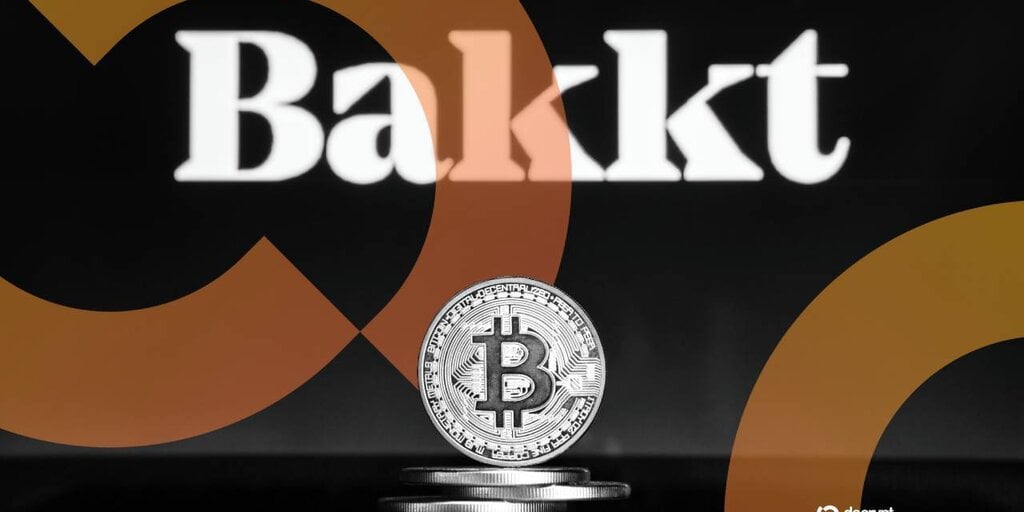In Brief: Bakkt Sells Loyalty Business in Strategic Pivot to Crypto
Bakkt is exiting its loyalty rewards unit to focus on core cryptocurrency services as part of a broader repositioning away from retail-facing experiments.
- Bakkt will sell its loyalty business to Project Labrador Holdco (subsidiary of Roman DBDR Technology Advisors) for $11 million in cash, representing adjustments for liabilities and a short-term restricted cash loan. The deal is expected to close in Q3.
- The loyalty segment, which generated about $10 million in Q2 revenue compared to roughly $569 million from crypto services, will be reclassified as a discontinued operation.
- Analysts suggest the pivot, driven partly by financial pressure from the loyalty unit’s operating losses and customer fund withdrawals, sharpens Bakkt’s focus but leaves it struggling to compete with leaders like Coinbase in the institutional crypto space.
Strategic Shift Complete
The $11 million cash transaction includes adjustments for liabilities and a short-term restricted cash loan to facilitate the transition. Once finalized, the loyalty segment will be formally classified as a discontinued operation on Bakkt’s financial statements.
While the core loyalty business accounted for only around $10 million in revenue during the second quarter (a tiny fraction of Bakkt’s crypto services revenue of $569 million), its operating losses have reportedly strained the company’s balance sheet.
Focus On Core Crypto Services
In a statement, Akshay Naheta, Bakkt’s Co-CEO, emphasized that the move enables the company to “accelerate innovation, enhance operational efficiency, and build for scale,” including upgrading the trading tech stack and advancing the crypto treasury strategy detailed previously.
Looking toward the future, Bakkt aims to strengthen its position in “institution-grade crypto infrastructure,” specifically targeting custody, stablecoin payments, tokenized assets, and potentially becoming a pure-play trading platform following the spin-off.
Perspective From The Industry
“It signals a clear shift away from retail-facing experiments and a doubling down on institutional-grade crypto infrastructure—a space where trust, security, compliance, and scalability matter most,” said Max Shannon, senior associate for research at Bitwise Asset Management.
The Challenge Ahead
However, analysts caution that the pivot sharpens, but won’t easily close the gap with established players. “Bakkt would ‘struggle to compete with Coinbase,’ which has a strong hold on institutional partnerships, custodying 8 of the 11 Bitcoin ETFs,” Shannon noted.
The capital raise likely reflects financial pressure from “a massive drag on cash from a large outflow tied to customer funds being withdrawn,” adding to the challenges posed by the loyalty division.
Broader Implications
Despite acknowledging the sale was “unusual,” venture principal Tomas Fanta saw it as a sensible, if potentially low-value, step. Fanta stressed that adding Bitcoin to Bakkt’s treasury “doesn’t add much value to its core business,” calling it “a mixture of trend following and some strategic planning.”
Industry analysts appear divided. While some tout the move as a necessary consolidation toward crypto infrastructure, others see it as part of a broader push to expand trust amid the market’s maturation.
Kwong, however, stressed that Bakkt must “carve out a distinct edge” going forward, likely through technological innovation, targeting niche markets, or deepening existing institutional ties.












